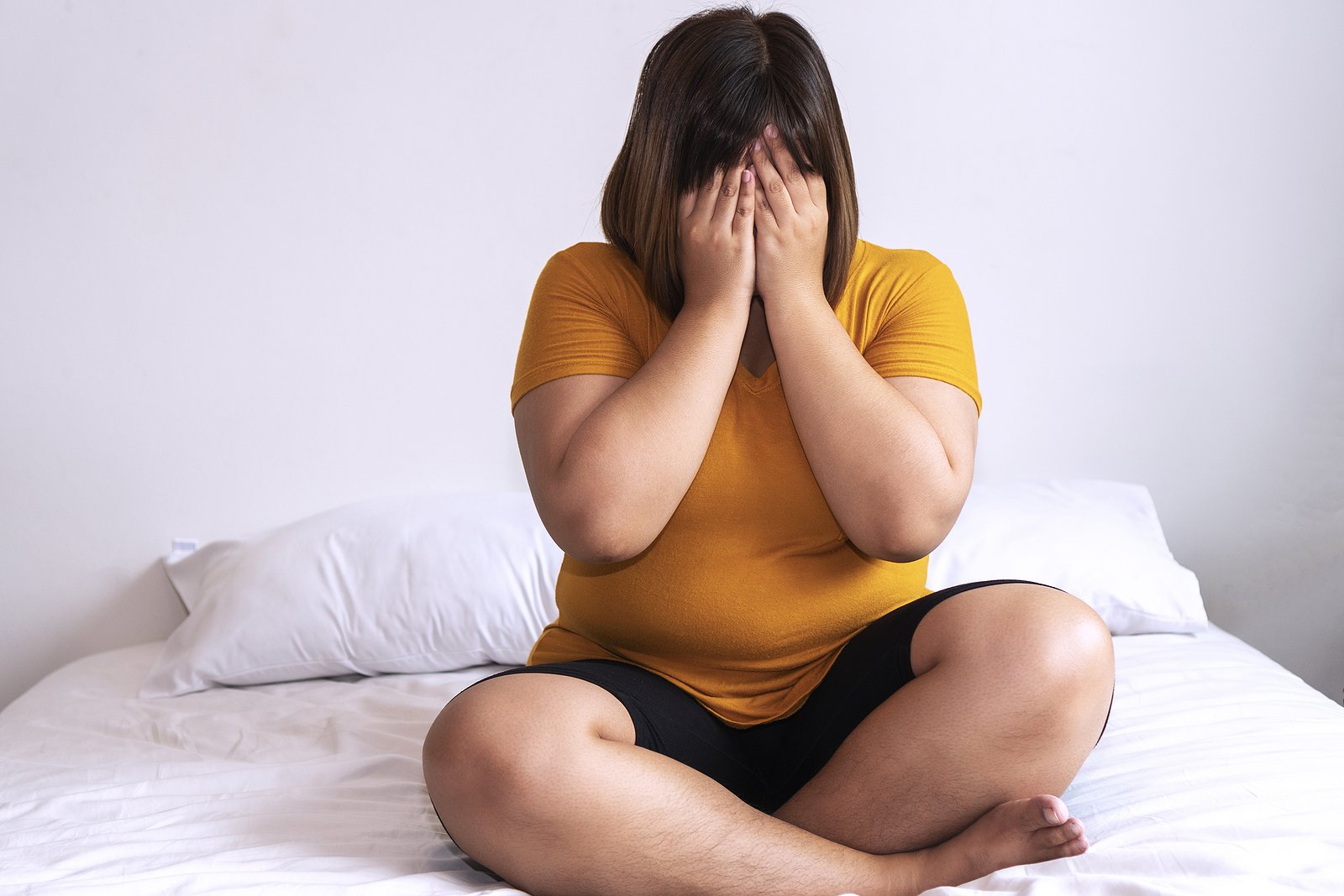Frequent and regular exercise is seen as a good thing in our culture. And when done in moderation it certainly can benefit our physical and mental health.
However, Compulsive Exercise Disorder (sometimes referred to as Exercise Addiction) is different and is actually classified as a significant symptom of an eating disorder. It happens when a person is driven to exercise too much. Pretty much nothing will stop a suffer from exercising, even injury, illness, bad weather, or going out with friends.
Compulsive Exercise and eating disorders are often seen together. An individual with bulimia may exercise excessively as a way to compensate for binge eating. Or someone with an eating disorder may work out excessively as a way to compensate for eating “too much” food or certain types of food.
A person with Compulsive Exercise Disorder may exhibit some or all of the following behaviors:
They won't skip a workout, even if they’re tired, sick, or injured
They can't take time off from working out
They may seem anxious or guilty when they miss even one workout
They are constantly preoccupied with their weight and exercise routine
They exercise even more after eating a lot or missing a workout
They will eat much less if they can't exercise
They give up seeing friends or other activities and abandon responsibilities to make more time for exercise
They appear to base their self-worth on the number of workouts they complete and the effort they put into training
They are never satisfied with their own physical achievements
They may have irregular periods or stress fractures
This disorder can be completely exhausting for the sufferer. They may feel trapped in an endless cycle - and believe ‘just one more workout’ will make them ‘feel better’.
It can be difficult to diagnose Compulsive Exercise Disorder because what amounts to ‘too much exercise’ is so subjective. Often, it takes the sufferer recognizing and admitting to themself that something isn’t right and reaching out for help.
If you think you may be suffering from Compulsive Exercise Disorder, there are things you can do to help yourself. They could include:
Eating 3 meals and snacks on days you do and don’t excercise
Enjoy exercise by being active together with friends or family.
Try to increase your flexibility around exercise by exercising for less time or intensity or frequency
Try to find new ways to cope with and ease stress.
If you think that you might be exercising too much, talking to a licensed therapist trained in eating disorders and/or Compulsive Exercise Disorder can really help. They have the experience and tools to help you examine your thoughts and behaviors, and see where you could introduce more balance.
Inside Wellness Utah specializes in the treatment of eating disorders. Our caring, empathetic team want to help you regain your balance and inner peace.
Schedule a call today with our Care Coordinator, who will help match you with the best therapist for you.



